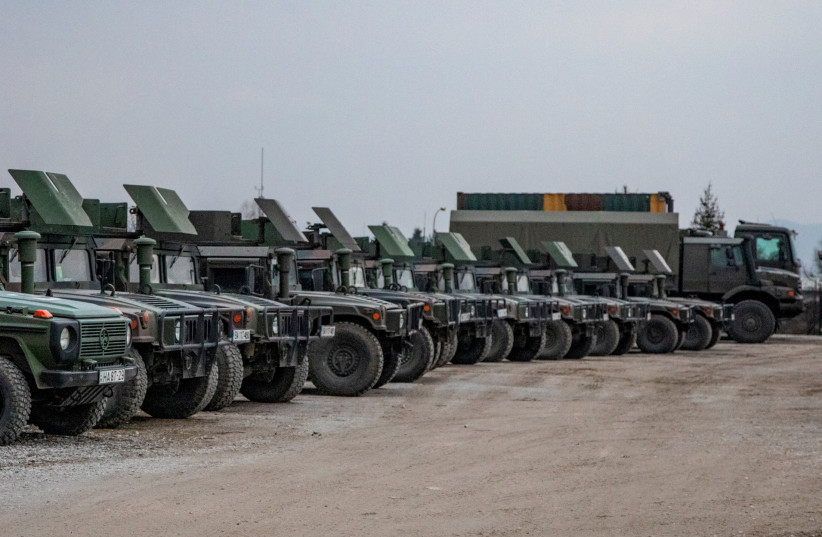The German government on Wednesday paved the way to deploy troops with the EU's peacekeeping mission in Bosnia for the first time in a decade as concerns mount about instability from the war in Ukraine spilling over to the Western Balkans.
Bosnia lies hundreds of miles from the fighting, but faces an increasingly assertive Bosnian Serb separatist movement that analysts say has at least tacit support from Moscow.
Only days after Russia's invasion of Ukraine, the EU decided to almost double the size of its EUFOR peacekeeping force to 1,100 troops from 600 troops by sending in reserves to stave off potential instability.
The government in Berlin agreed to provide up to 50 troops for EUFOR, marking a return to the force in Bosnia that Germany had left at the end of 2012.
Some of the troops are meant to staff two so-called liaison and observation teams, groups that are spread out in the country and that function as sensors for the EUFOR command, while others will work at the headquarters in Sarajevo.

The final decision on the deployment lies with the German parliament.
NATO and senior EU officials have warned that instability from the war in Ukraine could spread to the Western Balkans.
About EUFOR
EUFOR's current mandate runs out in November, and it is up to the UN Security Council to decide on an extension for another year. But concerns are growing that Moscow might use its veto to thwart an agreement.
EUFOR replaced NATO peacekeeping troops in Bosnia in 2004.
The European troops are meant to stabilize the country after Bosnia's Serbs, Croats and Bosniaks waged a war for territory in the 1990s in which 100,000 people died.
